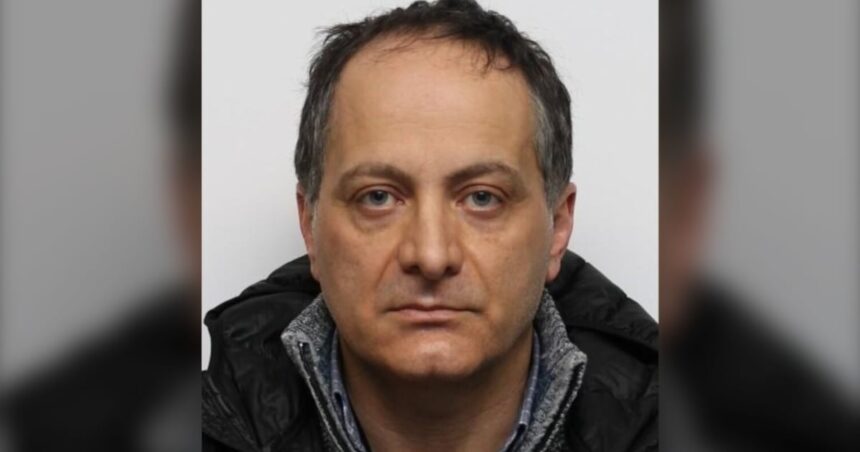The Toronto medical community is reeling after one of its own lost his license to practice following sexual assault convictions involving multiple patients. Dr. Javad Peirovy, who once operated a walk-in clinic near Yonge and Eglinton, had his certificate of registration officially revoked by the College of Physicians and Surgeons of Ontario (CPSO) last week.
This case represents the culmination of a troubling pattern of misconduct that first came to light in 2015. According to court documents, Dr. Peirovy was convicted of sexually assaulting three female patients. The incidents, which occurred during medical examinations, involved inappropriate touching and behavior that violated the fundamental trust between doctor and patient.
“This kind of violation cuts to the core of medical ethics,” says Carolyn Silver, a Toronto healthcare attorney I spoke with yesterday. “Patients place immense trust in their physicians, particularly in vulnerable moments during examinations.”
The CPSO disciplinary panel cited a “lack of professional integrity” in their decision, emphasizing that such behavior fundamentally undermines the doctor-patient relationship. The panel noted that Peirovy’s actions demonstrated a pattern of misconduct rather than isolated incidents.
What makes this case particularly concerning for many Toronto residents is the time it took to reach this conclusion. The initial complaints against Dr. Peirovy were filed several years ago, with some patients expressing frustration about the lengthy process.
Sarah Johnson, a patient safety advocate with the Toronto Patient Rights Coalition, told me, “These cases often take too long to resolve, leaving potential patients at risk and delaying justice for victims. The system needs to respond more quickly while still ensuring due process.”
According to Toronto Police Service records, Dr. Peirovy was initially charged in 2013, and court proceedings extended over several years before reaching final conviction. During portions of this time, he was permitted to practice under certain restrictions, including having a female chaperone present during examinations of female patients.
The CPSO has faced criticism in the past for its handling of sexual misconduct cases involving physicians. In response, the regulatory body has instituted reforms to accelerate investigations and protect patients more effectively while cases are pending.
Dr. Nancy Whitmore, CPSO Registrar, stated in a public release that “protecting patients from sexual abuse is our highest priority,” adding that the College continues to strengthen its processes around these serious matters.
For victims of such misconduct, the emotional and psychological impacts can be severe and long-lasting. The Toronto Rape Crisis Centre reports that violations occurring in medical settings can be particularly traumatic due to the breach of professional trust.
“Many survivors struggle to seek medical care afterward,” explains Maya Rodriguez, a counselor who works with sexual assault survivors. “There’s often lasting anxiety about medical appointments, which can lead to neglecting their health needs.”
The case has prompted renewed discussions about patient safety protocols in Toronto’s healthcare facilities. Experts suggest that clear information about patient rights, enhanced reporting mechanisms, and support services should be more readily available in all medical settings.
For patients concerned about their rights, the CPSO maintains a public register where anyone can verify a doctor’s credentials and check for any history of disciplinary actions. Additionally, patients have the right to request chaperones during examinations and to file complaints if they experience inappropriate behavior.
Toronto’s medical community has largely supported the CPSO’s decision, with many physicians emphasizing that such misconduct represents a betrayal of their profession’s core values.
“The vast majority of doctors practice with the highest ethical standards,” noted Dr. Samantha Lee, who serves on a Toronto hospital ethics committee. “Cases like this are rare but devastating to patient trust, which is why strong regulatory action is essential.”
The revocation of Dr. Peirovy’s license means he can no longer practice medicine in Ontario. The CPSO has also shared information about the case with medical regulatory authorities in other provinces to prevent him from simply relocating his practice elsewhere.
For Toronto residents seeking medical care, healthcare advocates recommend researching providers through the CPSO public register, bringing a trusted person to appointments if desired, and always speaking up if something feels inappropriate during medical care.
The case serves as a somber reminder of the importance of professional oversight and accountability in healthcare, particularly in situations where vulnerable patients place their trust in medical professionals.







